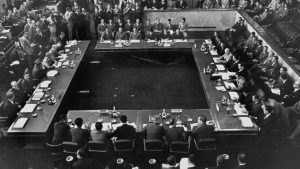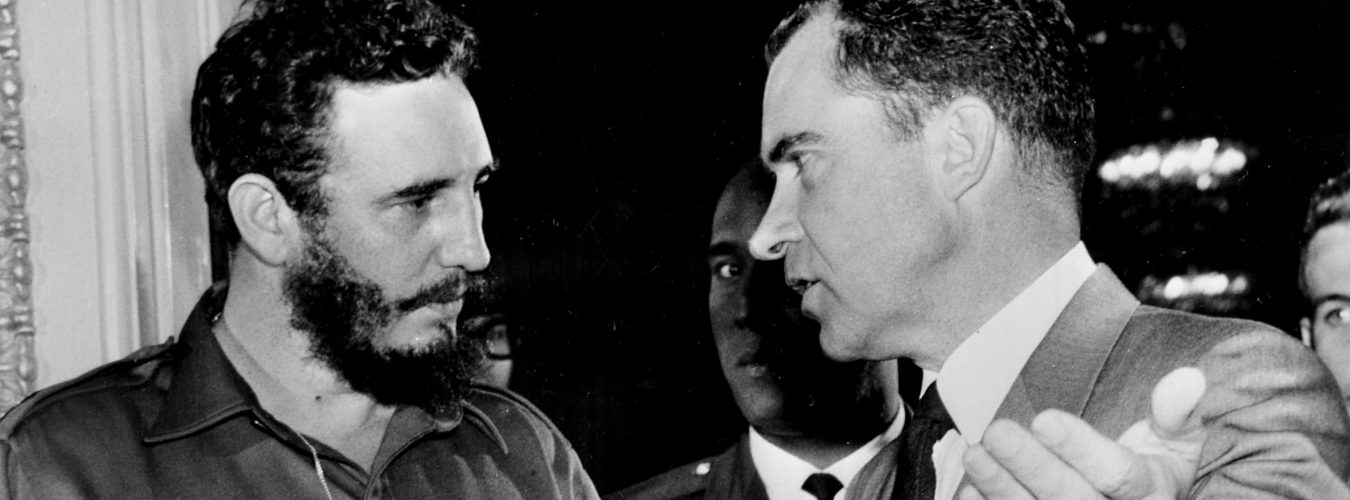
https://www.thoughtco.com/the-geneva-accords-1954-3310118
The Geneva Accords were signed in July 1954. The Accords allowed France to pull its troops out of northern Vietnam while also acting as an insurance measure for other countries that were concerned about the spread of communism in Asia. The Accords stipulated that France had to withdraw their troops from northern Vietnam and that Vietnam would be divided at the 17th parallel. North Vietnam was under communist control while South Vietnam was under a non-communist government previously put in power by the French. The Geneva Accords stated that in two years, both North and South Vietnam would hold free elections to choose a single leader and the country would be once again unified following the elections.
The United States did not sign onto the Accords and neither did South Vietnam. Although South Vietnam did not sign onto the Accords, this did nothing to change the outcome as South Vietnam had little power after the French were forced to withdraw. The United States did not believe that the Accords would be useful in stopping the spread of communism as it believed that Ho Chi Minh would win the upcoming elections, resulting in a unified, communist Vietnam. The United States established an anti-communist government quickly in South Vietnam following the Geneva Accords as an attempt to ensure that South Vietnam would not fall under communist control even if Ho Chi Minh won the elections.
Ngo Dinh Diem, the leader of South Vietnam, did not agree to hold free elections in 1956 as the Geneva Accords had stated. Diem believed that because South Vietnam had never signed onto the Accords, it was not bound by the provisions of it and therefore did not have to hold elections. One of the major reasons that Diem refused to hold elections was that he did not think that free elections were possible for North Vietnam. Instead of holding elections, Diem attempted to combat communist opposition in both South and North Vietnam.
The United States supported South Vietnam’s military, the Army of the Republic of Vietnam. In response to the United States’ actions as well as the failure to hold elections, North Vietnam created the National Liberation Front, or the Viet Cong, as well as the Vietnam People’s Army. These developments directly led to the Vietnam War.
Citation:
Hamilton, Thomas J. “Long War Ending.” The New York Times,
THE NEW YORK TIMES
July 21,1954
History.com Editors. “Geneva Conference to Resolve Problems in Asia Begins.” History, A&E Television Networks, 13 Nov. 2009, Geneva Conference to resolve problems in Asia begins.
Watt, Alan. “The Geneva Agreements 1954 in Relation to Vietnam.”
THE AUSTRALIAN QUARTERLY
, vol. 39, no. 2, 1967, pp. 7–23.
